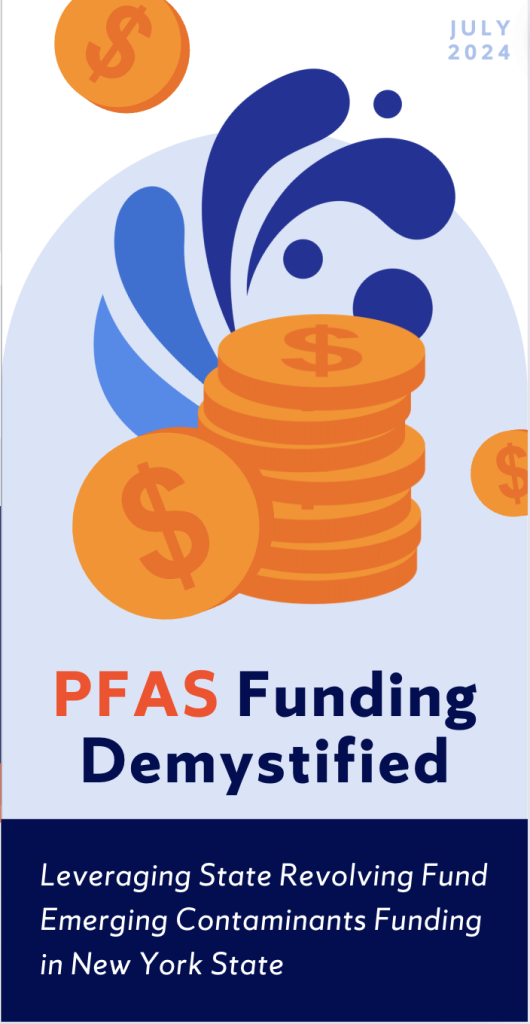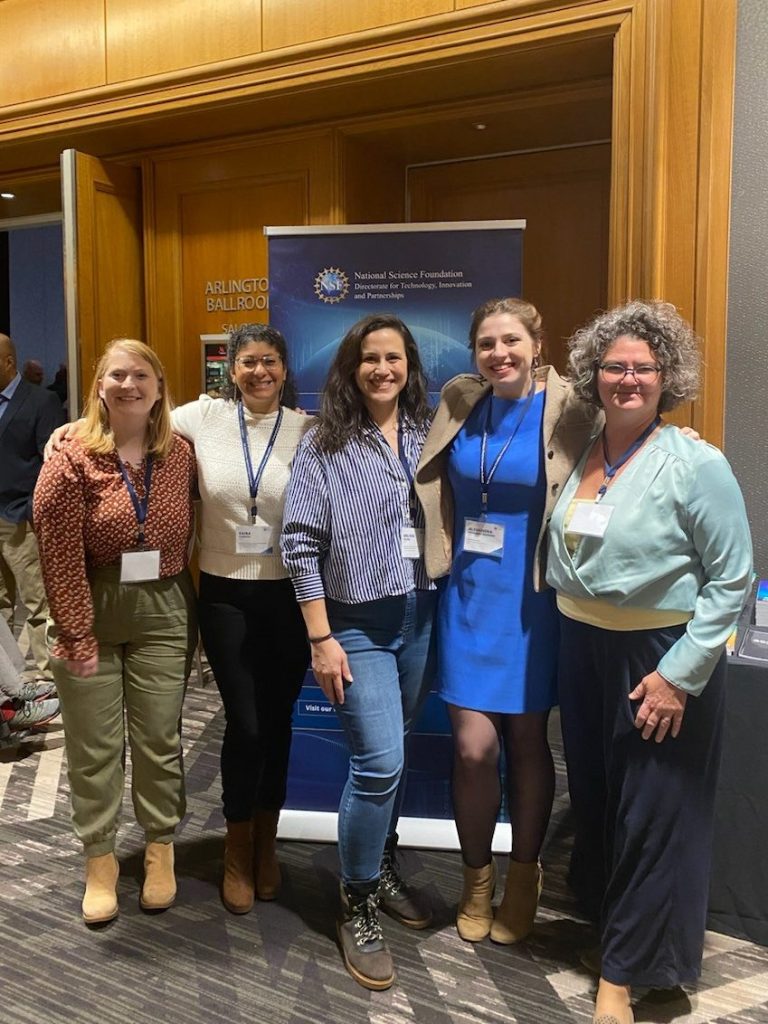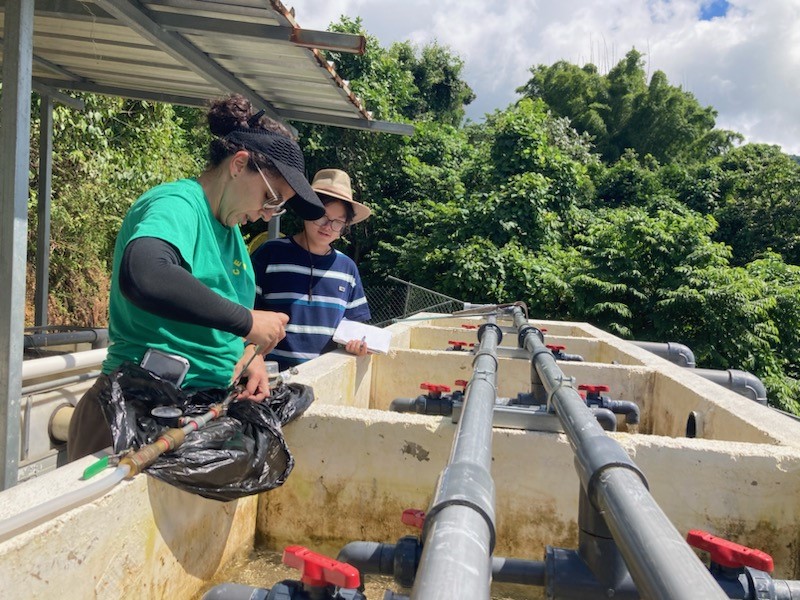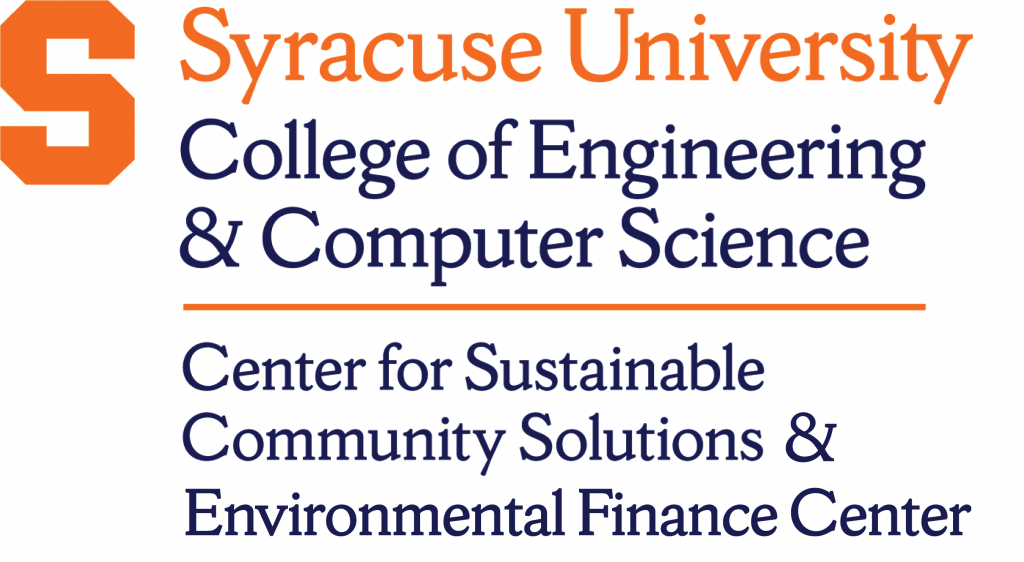Today, the Center for Sustainable Community Solutions (CSCS) is thrilled to announce its rebranding at Syracuse University as the Institute for Sustainability Engagement (ISE). This transformation reflects the organization’s continued and growing commitment to helping communities implement sustainability initiatives through transdisciplinary collaboration.
The transition from a center to an institute marks a significant step forward, positioning it for increased growth and broader impact. As a sustainability engagement institute, ISE focuses on connecting communities with university resources such as academic departments, faculty, and students, while leveraging new opportunities for funding, partnership, and impact.
Within the realm of sustainability, the ISE team has expertise in climate resiliency, water systems (including drinking water, storm water, and wastewater), materials management infrastructure (waste reduction, reuse, recycling, and composting) solutions, and resource conservation (soil health restoration). Through active listening and participatory processes, the organization supports community capacity-building, communications, policy, and infrastructure improvements to foster economic well-being, environmental stewardship, and social equity.
Building upon more than 30 years of experience and hundreds of relationships, ISE meets communities where they are, recognizing their diverse values and perspectives to provide tailored support for their unique challenges and circumstances.
The institute will continue to house the US Environmental Protection Agency (EPA) designated Environmental Finance Center for EPA Region 2, including New York, New Jersey, Puerto Rico, the US Virgin Islands, and eight Native Nations. Syracuse University was chosen to host this important center in 1993. While Region 2 remains a primary geographic focus, the Institute for Sustainability Engagement will broaden its scope to include the Northeastern US, the Caribbean and Latin America, as well as national collaborations and projects.
The shift to ISE also strengthens important and long-standing inter-university ties between Syracuse University and the SUNY College of Environmental Science and Forestry (ESF) through a collaborative agreement that will serve to leverage resources across campuses.
“At the Institute for Sustainability Engagement, we co-create solutions with communities to achieve locally informed sustainable strategies. This is done by connecting local insights with academic expertise, building strong relationships between researchers, policymakers, and community members, and, at our core, engaging with others — meeting people where they are to get them where they want to go,” shares ISE Director, Melissa Young.
She continues, “The need for sustainability engagement is undeniable —and exponential— in our world’s ever-evolving climate crisis. Together, with our dedicated team and partners, we will continue to innovate and expand our impact, working to create a more sustainable and resilient future for all.”
“Universities are increasingly being called upon to directly engage with communities, as reflected in the priorities of both federal and philanthropic funders. The shift to the Institute for Sustainability Engagement allows the team to better align with the goals of their programs and the communities they serve, broadening both the breadth and impact of the Institute’s work,” said Andria Costello-Staniac, Department Chair and Associate Professor, Civil and Environmental Engineering, Syracuse University.
For more information, visit sustainabilityengagement.syracuse.edu.





